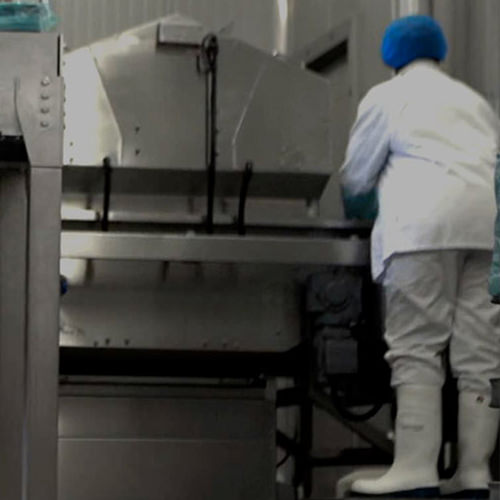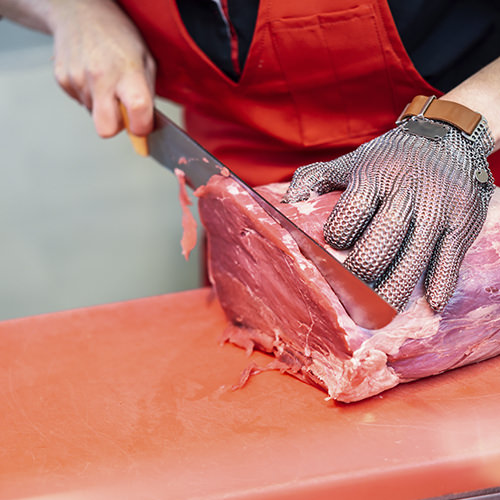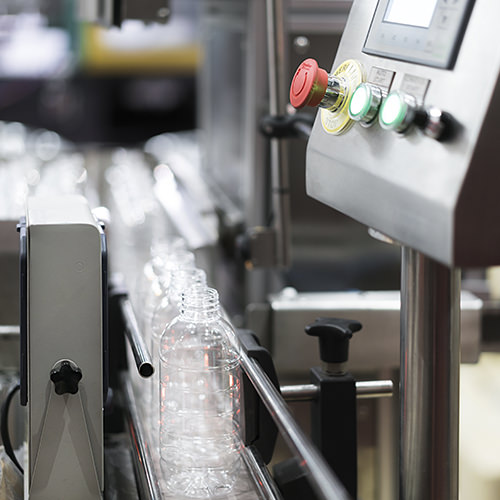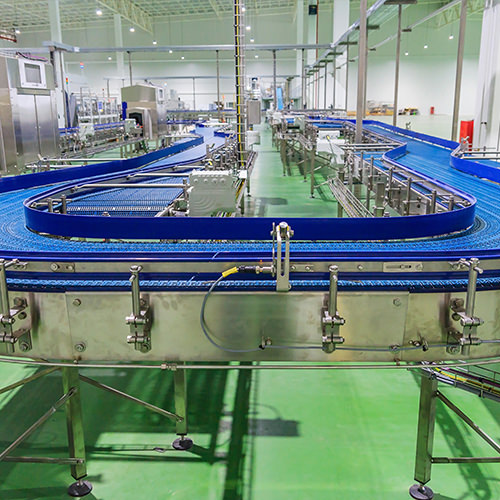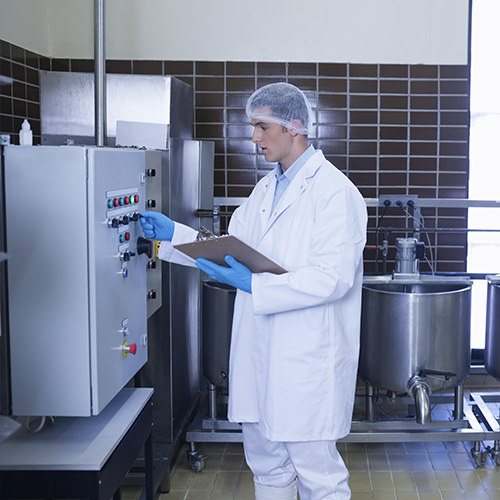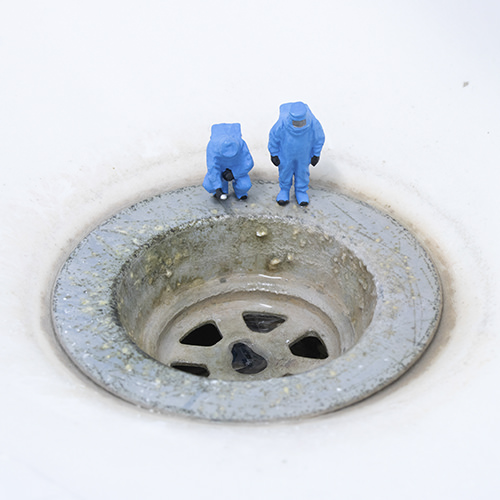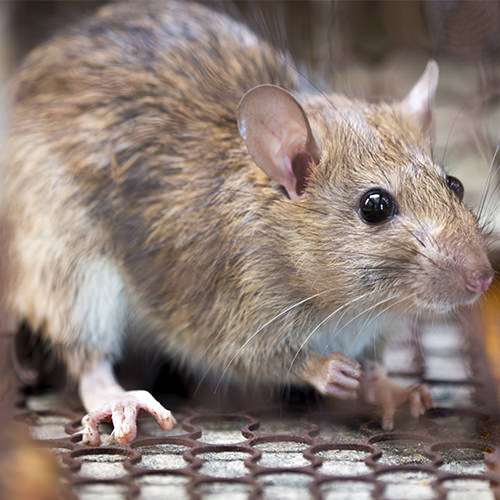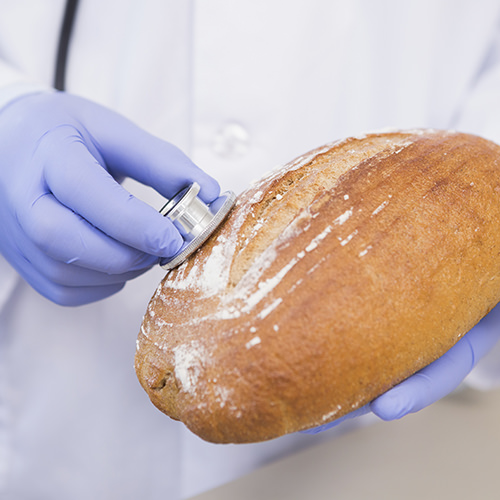Objective
Become a Food Defense and Food Fraud Coordinator, know how to interpret the requirements established by the FDA-FSMA, GFSI, FSSC 22000 and PAS 96 for the development and implementation of a vulnerability assessment (VACCP) and a mitigation plan (TACCP) at the time of an intentional threat with malicious purposes or economically motivated adulteration.
Agenda
-FOOD DEFENSE
-Program Objective, International Vision, External Presses
-Settings
-Regulations
-Security certifications in the supply chain
-GFSI and FSSC 22000 Context – Additional Requirements
-Crisis Response
-FDA training tools
-FOOD DEFENSE
-Protection and protection of food and beverages against deliberate threats – PAS 96: 2017 – EUROPE
-Types of Threats
-Evaluation of Critical Threat Control Points (TACCP)
-Implementation process: Protection and defense of food and beverages against deliberate attacks – PAS 96: 2017 – EUROPE
-HACCP and HACCP relationship
-Threat Assessment (Product, Facilities, Organization)
-Process Vulnerability Assessment
-Critical Controls – Mitigation Plan
-Action plan
-Methods for the analysis of TACCP and VACCP
-Methods for the analysis of TACCP and VACCP (cont…)
-Food Defense Plan Builder (new version 2019) – Practical Session
-Legal framework – regulatory compliance
-FDA-FSMA / PREVENTIVE CONTROLS
-Pharmacopeia References
-Food Fraud – GFSI Schemes
-Food Fraud – FSSC 22000
-Types of threat -PAS 96 EUROPE
-Implementation
-Vulnerability Assessment
-Mitigation Plan
-Use of appropriate tools for fraud
-The participant receives a diploma for their full attendance at the session and / or Coordinator certificate after exam approval
-Proof of work skills DC-3 (STPS)
16 hours
Day 1: 9:00 am - 6:00 pm
Day 2: 9:00 am - 6:00 pm
* Consult place and date of availability






